The Top 10 Microsoft Stories Of 2013
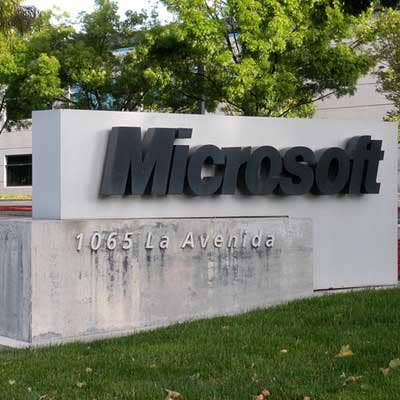
A Microsoft Year Like No Other
Microsoft just went through what could easily be argued as the most tumultuous 12 months in its 38-year history. And that's saying a lot for a company that raises people's hackles like no other in the tech industry.
Microsoft spent much of the year trying to convince folks that the second generation of Surface and Windows 8 are better and easier to use than their predecessors. Microsoft also saw its longstanding partnership with Hewlett-Packard continue to fray, due to Microsoft's entry into tablet hardware as well as its $2 billion investment in Dell's bid to go private.
But the biggest news at Microsoft this year is its search for a new CEO. Less than two months after unveiling a sweeping internal re-organization, Steve Ballmer revealed his plan to step down as CEO within 12 months.
Following are CRN's picks for the top-10 Microsoft stories of 2013.
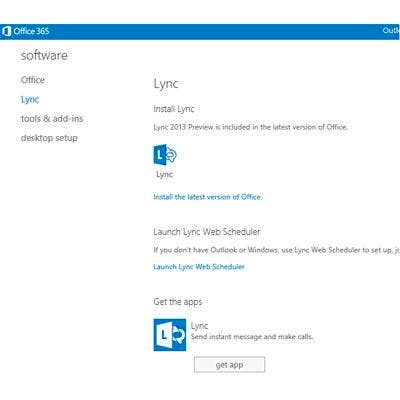
10. Microsoft Finally Brings Office To iPhone (Kind Of)
For years, Microsoft has avoided bringing a full-blown version of Office to the iPhone, preferring instead to use Office as a lure for Windows Phones and tablets. That changed in June when Microsoft launched Office Mobile for iPhone.
But wait -- there's a catch! Office Mobile for iPhone only works if you have an Office 365 Home Premium ($9.99 per month for up to 5 devices) or Office 365 ProPlus subscription ($12 per user per month). So this isn't much of a change at all, and Microsoft is still dragging its feet on bringing Office to the iPhone.
Microsoft would probably rather make Office open source than pay Apple a 30 percent cut for selling a real version of Office for the iPhone on the App Store. But already there have been rumors that Microsoft's next CEO could break with tradition and end the protectionist thinking that has prevented it from releasing such a product.
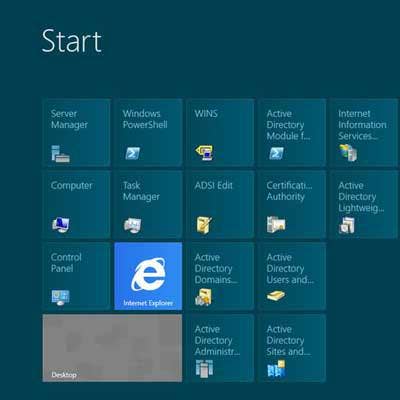
9. The Windows RT 8.1, Server 2012 R2 RTM Debacle
From top-secret press conferences to retail stores and the touchscreen extravaganza of the Windows 8 user interface, Microsoft's Apple obsession has never been more apparent. In August, developers and partners were surprised when Microsoft decided not to give them early access to the release to manufacturing bits for Windows 8.1 and Windows Server 2012 R2, as it has done in the past.
After a loud and angry backlash, Microsoft changed its mind. However, some partners were nonetheless troubled by what they perceived as disturbing remnants from the information-lockdown regime of former Windows engineering chief Steve Sinofsky, who left last November.
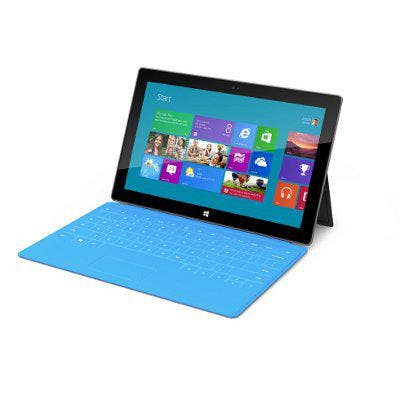
8. Surface RT Flops, Big Time
After being released in October 2012, Microsoft's Surface RT flopped in the marketplace. Surface Pro arrived in February but didn't get glowing reviews due to issues with battery life that were not unexpected in the channel.
In July, Microsoft took a $900 million write-down for what it described as "inventory adjustments" for Surface RT. Then came a wave of price cuts, as well as a class action lawsuit from angry investors.
Eventually, a Microsoft manager admitted publicly that launching a new version of Windows that wasn't compatible with the old one probably "confused" people. For Microsoft partners, which were infuriated when Microsoft started letting a select cadre of its favorite large account resellers sell Surface, there was probably a bit of schadenfreude as well.

7. Microsoft Poaches Oracle Channel Chief Judson Althoff
Microsoft scored a channel coup in March when it hired well-respected Oracle channel chief Judson Althoff to lead its sales and marketing efforts in North America.
At Oracle, Althoff recruited partners from Hewlett-Packard, VMware, Red Hat, EMC and NetApp, as well as SMB-focused partners. He was also in charge of Oracle's cloud channel efforts, including a program that certified Oracle partners as cloud builders, and ones that paid referral fees and additional incentives to partners with cloud integration skills.

6. Microsoft Accessorizes Loathing For Google With T-Shirts, Coffee Mugs
The only company that occupies more of Microsoft's attention than Apple these days is Google. And this year, Microsoft took its obsession with the search advertising giant to a new level.
Microsoft continued to depict Google as an information hoovering behemoth that couldn't care less about its users' privacy. In TV ads, Microsoft also found ways to make fun of Chromebooks' limited functionality, even as its own Surface tablets sat gathering dust on store shelves.
In early December, Microsoft unveiled t-shirts, mugs and accessories that ridicule Google's privacy practices. One features a Google Chrome logo with the slogan "I'm watching you," while another has the Chrome logo with the message "Keep calm while we steal your data," a take on the most over-referenced slogan in Earth's history, "Keep calm and carry on."

5. HP Distances Itself From Windows, Flirts With Android
Microsoft and HP have been good buddies for years. They forged a couple of big cloud partnerships a few years ago. But this year, the cracks in their relationship grew noticeably larger as HP continued to distance itself from the Wintel alliance.
The disaster of Windows 8 is one big reason. HP defended Windows 8 when it arrived last October, but its patience with the massive confusion it has spawned in the marketplace seems to have worn thin.
Microsoft's entry to tablet hardware with Surface hasn't helped either. At HP's financial analyst meeting in October, CEO Meg Whitman (pictured) said Microsoft and Intel have become "outright competitors." HP partnered with Google in June to bundle its PCs and printers with Google Apps, and HP has also launched Chromebooks for businesses.
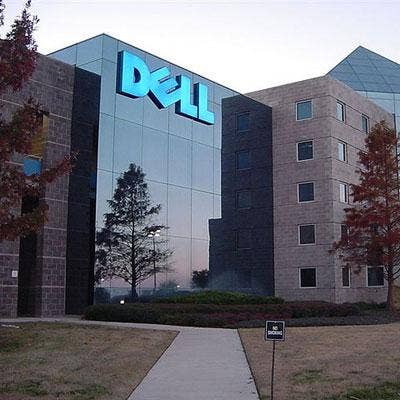
4. Microsoft's Big Investment In Dell
Dell in February revealed a $24.4 billion deal that would end its run as a publicly traded company, a deal that included a $2 billion loan from Microsoft.
"Microsoft is committed to the long-term success of the entire PC ecosystem and invests heavily in a variety of ways to build that ecosystem for the future," Microsoft said at the time.
"It's a high-risk investment," one top executive for a Microsoft OEM told CRN at the time. "It is going to be hard for Microsoft to manage its other OEM relationships. It is definitely going to negatively impact those relationships."
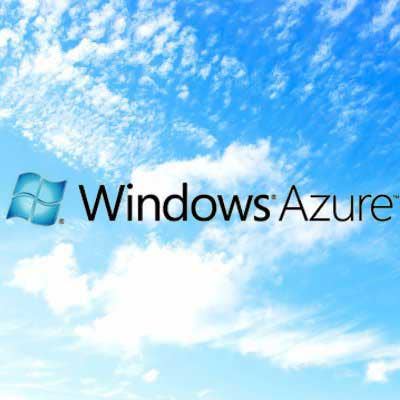
3. Microsoft Enters Cloud IaaS Market, Takes On Amazon
Microsoft launched its Windows Azure cloud IaaS service in April and immediately made clear its intention to give Amazon a run for its money. Since then, VMware and Google have launched their own cloud IaaS offerings, and even Oracle is planning to get into the market for commodity cloud services.
Microsoft was an early bidder on the $600 million cloud contract for the CIA, which Amazon ended up beating out IBM for after an eight-month legal battle. It's not clear why Microsoft didn't make a more aggressive play for the deal, but partners have told CRN that they're not yet seeing a ton of demand for Windows Azure IaaS, so the service might not be ready for prime time.
That said, even though Amazon has a big head start on the rest of the cloud industry, anyone who underestimates Microsoft's resolve to be a cloud IaaS player hasn't been paying attention to tech industry history.
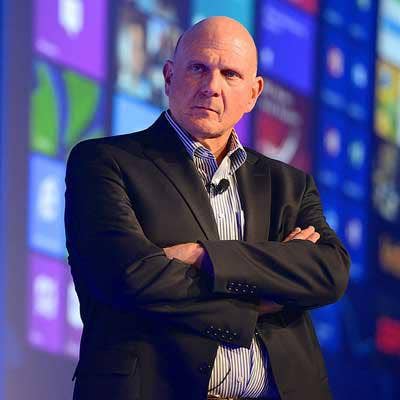
2. The 'One Microsoft' Re-Org
Microsoft unveiled a sweeping re-organization in July just after its Worldwide Partner Conference that created more than a half-dozen new business units and placed several lesser-known Microsoft executives into prominent positions. The goal was to quell the warring factions within Microsoft's product groups and get everyone marching to the same beat.
"Going forward, our strategy will focus on creating a family of devices and services for individuals and businesses that empower people around the globe at home, at work and on the go, for the activities they value most," CEO Steve Ballmer (pictured) said at the time in an email to employees.
Five weeks later, Microsoft said Ballmer would be stepping down as CEO within 12 months. At this stage, it's unclear if the new CEO will keep the re-org in place or go in a new direction.
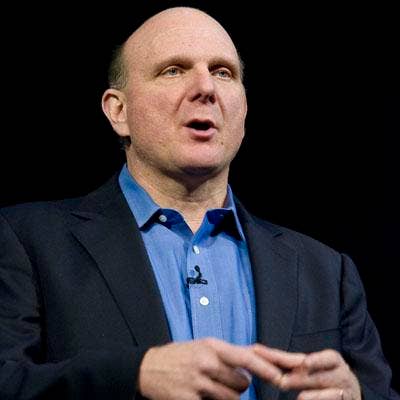
1. Steve Ballmer's Departure
There isn't a CEO in the tech industry whose love for his company is more readily apparent than Steve Ballmer. Since 1980, Ballmer has been living and breathing and screaming and stomping and shouting about how great Microsoft is and how it's changing the world for the better.
At some point before next August, though, someone else will be up there on stage at a Microsoft conference giving keynotes and talking about the latest and greatest products and services.
And that will be kind of sad. Because no matter what you think of Ballmer as a CEO -- and there are certainly many who blame Ballmer for Microsoft missing out on trend after trend in the tech industry -- he has always been fun and engaging speaker. That's a big reason why CES attendees queued up for hours to watch his keynotes, and why his speeches to partners have always been the highlight of Microsoft's Worldwide Partner Conference.